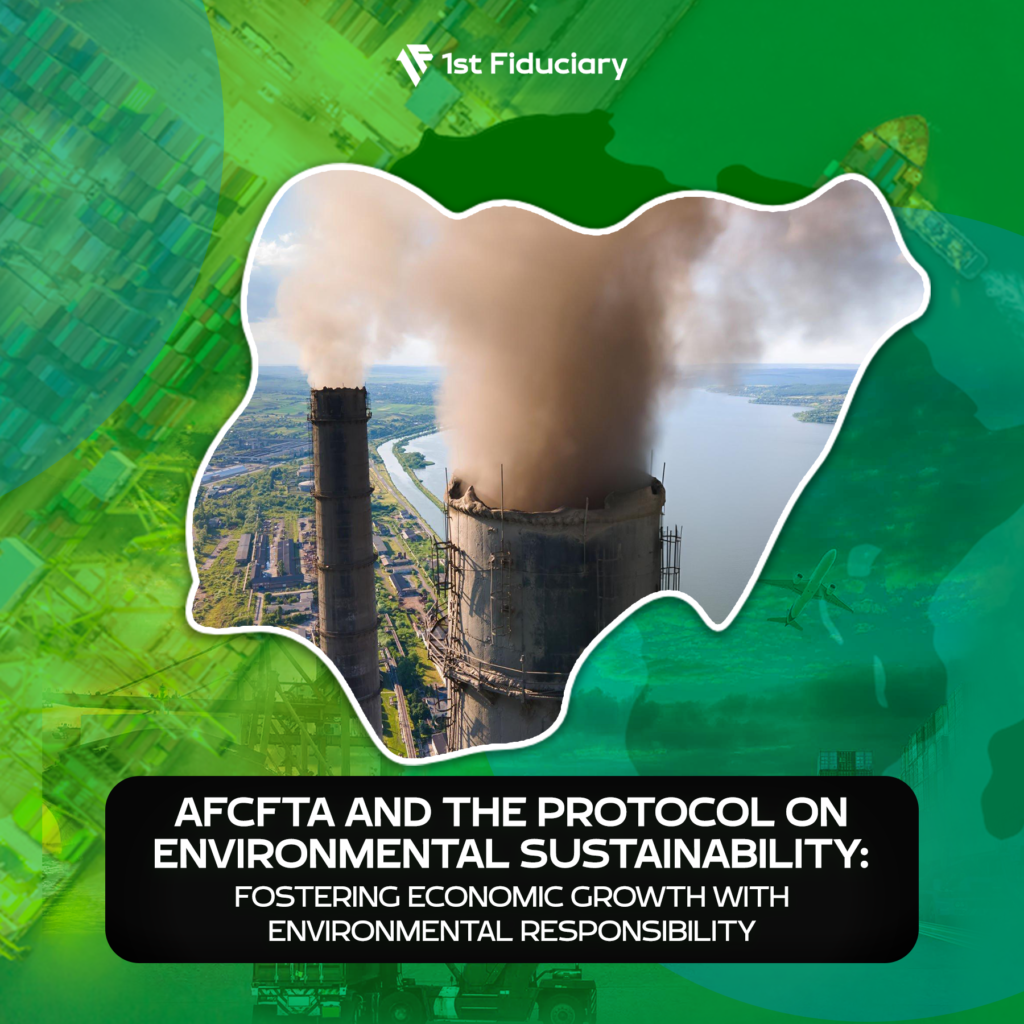AfCFTA and the Protocol on Environmental Sustainability: Fostering Economic Growth with Environmental Responsibility
As member states of the African Continental Free Trade Area (AfCFTA) embark on the journey of trade integration, there is a growing recognition of the imperative to balance economic progress with environmental stewardship. The Protocol on Environmental Sustainability is at the heart of this initiative, a ground-breaking framework that addresses the importance of environmental protection in the context of economic growth.
Understanding AfCFTA
AfCFTA, which began in January 2021, is the world’s largest free trade area by number of participating countries since the formation of the World Trade Organization. It includes 54 African countries, resulting in a market of over 1.3 billion people and a total GDP of more than $3.4 trillion. The agreement seeks to liberalize trade in goods and services, facilitate the movement of capital and people, and promote industrial development and economic diversification across the continent.
The Importance of Environmental Sustainability
Environmental sustainability is critical for the long-term health of the planet and its inhabitants. Deforestation, biodiversity loss, pollution, and climate change are among the major environmental challenges confronting Africa, as they are in many other regions. These challenges endanger not only ecosystems and wildlife, but also the livelihoods and economic prospects of millions of people who rely on natural resources to survive.
Recognizing the interconnectedness of economic development and environmental sustainability, the AfCFTA agreement included the Protocol on Environmental Sustainability. This protocol aims to promote sustainable development by incorporating environmental concerns into trade policies and practices.
